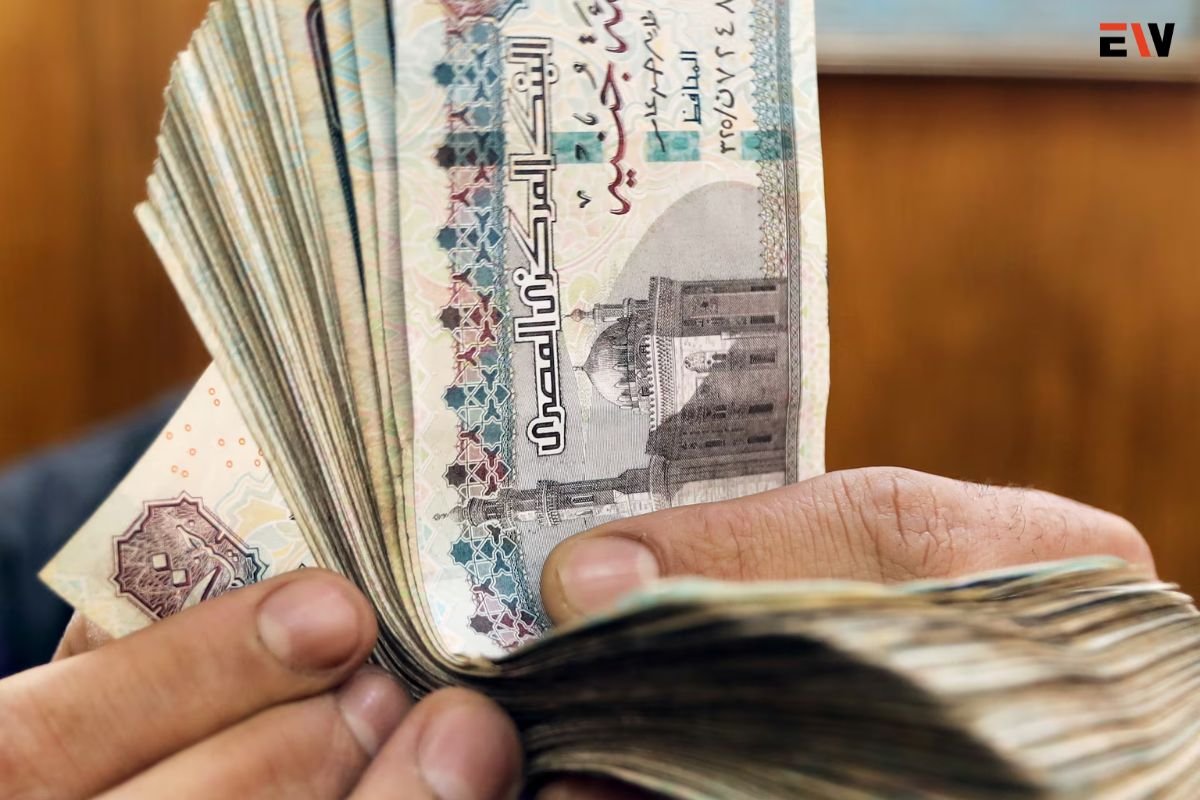Steady Pound After Flexibility Announcement
Egypt’s currency, the pound, maintained stability on Thursday following the central bank’s decision to let the currency plunge and transition to a more flexible exchange rate system. The move came as part of a broader economic strategy, securing an expanded $8 billion program with the International Monetary Fund (IMF). Despite the de-facto devaluation and a significant interest rate hike, the pound held within the range of 49.5 to the dollar.
Shift to a Flexible Exchange Rate System
The central bank’s shift to a more flexible exchange rate system, a longstanding demand from the IMF, is aimed at restoring investor confidence in Egypt’s currency, which has grappled with a foreign currency shortage over the past two years. The shortage has impacted local businesses, causing delays in commodity payments and backlogs at ports.
Challenges and Investor Reaction
Despite assurances from Prime Minister Mostafa Madbouly about planned deals to ensure liquidity and stabilize prices, Egypt’s international bonds faced declines. The 2033 note dropped 1.62 cents on the dollar to 81.81 cents, reflecting investor uncertainty. Egypt’s sovereign bond prices, after an initial surge on Wednesday, were trading at early March levels.
IMF’s Role and Structural Reforms
The IMF played a pivotal role by agreeing to add $5 billion to its existing $3 billion loan program with Egypt. The funds are contingent on Egypt undertaking structural reforms to stabilize prices, manage its debt burden, and foster private-sector growth. The IMF emphasized the need for a sustainable and unified exchange rate determined by the market.
Governor’s Assurance and Downward Track for Interest Rates
Central bank governor Hassan Abdalla addressed concerns about the black market and lack of trust in the financial system, referring to it as a “disease.” He assured reporters that Egypt had sufficient reserves to fulfill its obligations. Abdalla also mentioned the central bank’s ability to intervene if excess volatility occurs. Following a 600 basis point hike, Egyptian interest rates, traditionally high, are now set on a “downward track.”
Broader Economic Developments and Challenges
The pound’s devaluation aligns with Egypt’s recent investment deal with the Emirati sovereign fund ADQ, bringing in $24 billion for the development of a prime Mediterranean coastline. However, challenges persist, including attacks on Red Sea shipping and the ongoing conflict in Gaza, impacting tourism and Suez Canal traffic—vital sources of hard currency. Remittances from Egyptians working abroad, a significant source of foreign currency, have slowed, prompting the government to take a firm stance against traders operating outside the banking system.
As Egypt navigates this significant economic shift, both domestic and international factors will play a crucial role in determining the success of the new exchange rate system and broader economic reforms.
Also Read: Cryptocurrency Markets Experience Marginal Uptick Amid Liquidations and Market Predictions










